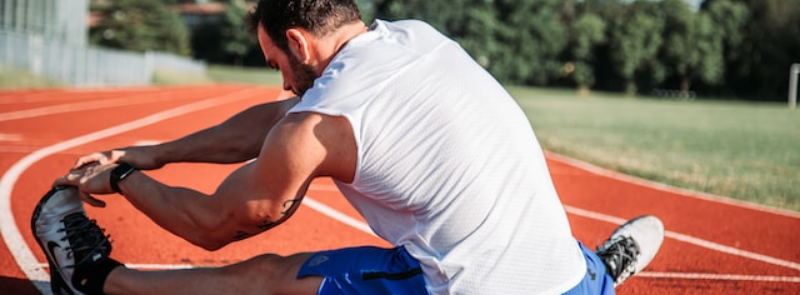
When It Occurs
Every April 6th
Official Website
Timeline
Days Passed (1053)
# Hashtags
#InternationalDayOfSportForDevelopmentAndPeace #IDSDP
In 2013, the United Nations General Assembly officially designated April 6 as the International Day of Sport for Development and Peace (IDSDP). This day commemorates the significant role of sports and physical activity in fostering education, human development, healthy lifestyles, and a peaceful global environment.
IDSDP not only celebrates the positive impact of sports but also underscores how athletes and the Olympic Movement utilize sports to advocate for peace, reconciliation, and development. It emphasizes the influential role of the Olympic Games in promoting tolerance and solidarity among participants, fans, and people worldwide.
As part of the celebrations, individuals can show their commitment to global peace efforts by rallying around the symbol of a #WhiteCard.
Origins and History
- Established by: The United Nations General Assembly.
- Resolution: Adopted on August 23, 2013 (Resolution 67/296).
- First Observed: April 6, 2014.
- Purpose: To celebrate the role of sport in promoting development and peace, and to raise awareness about the potential of sport to drive positive social change.
Significance
- Promoting Peace: Sport serves as a powerful tool to promote peace, reconciliation, and mutual understanding.
- Social Inclusion: Encouraging inclusion and participation of marginalized and disadvantaged groups through sport.
- Healthy Lifestyles: Promoting physical activity and healthy lifestyles for all ages.
- Youth Development: Engaging youth in positive activities, fostering teamwork, discipline, and leadership skills.
- Global Solidarity: Demonstrating international cooperation and solidarity through sports events and initiatives.
Key Messages
- Power of Sport: Emphasizing the unique power of sport to bring people together and bridge cultural, ethnic, and national divides.
- Inclusive Participation: Highlighting the importance of ensuring that sport is accessible to all, regardless of age, gender, ability, or socio-economic status.
- Sustainable Development Goals (SDGs): Aligning sports initiatives with the UN's SDGs, particularly those related to health, education, gender equality, and peace.
- Empowering Communities: Using sport as a means to empower communities and promote social and economic development.
Typical Activities
- Sports Events: Organizing local, national, and international sports events, tournaments, and games to celebrate the day.
- Workshops and Seminars: Hosting workshops and seminars on the role of sport in development and peacebuilding.
- Educational Programs: Implementing educational programs in schools and communities to promote the values of sport.
- Community Outreach: Engaging communities in sports activities and outreach programs to encourage participation and social cohesion.
- Media Campaigns: Utilizing media and social media platforms to share stories, videos, and messages about the positive impact of sport.
Global Observances
- United Nations: The UN and its agencies, such as the United Nations Office on Sport for Development and Peace (UNOSDP), lead global observances and initiatives.
- International Olympic Committee (IOC): The IOC supports and promotes the day, highlighting the role of the Olympic Movement in fostering peace and development.
- Sports Organizations: Various sports federations, clubs, and organizations participate by organizing events and activities.
- Non-Governmental Organizations (NGOs): NGOs involved in sports for development programs conduct special events and awareness campaigns.
- Local Communities: Community sports groups and organizations host local events to engage people in physical activities and promote social integration.
Notable Initiatives and Programs
- Peace and Sport: An organization that promotes peace using the power of sport, creating bridges between divided communities.
- Right to Play: An international organization that uses the transformative power of play and sport to educate and empower children facing adversity.
- UNICEF's Sports for Development: Programs that use sport to improve the lives of children and young people around the world.
- Laureus Sport for Good: A foundation that supports sport for development projects aimed at improving the lives of young people.
Conclusion
The International Day of Sport for Development and Peace is a vital observance that highlights the significant role of sport in fostering peace, promoting social inclusion, and driving sustainable development. By celebrating this day, the global community recognizes and leverages the power of sport to bring about positive social change, engage youth, and build peaceful and inclusive societies. Through various activities and initiatives, IDSDP aims to inspire individuals and organizations to use sport as a tool for development and peace.


